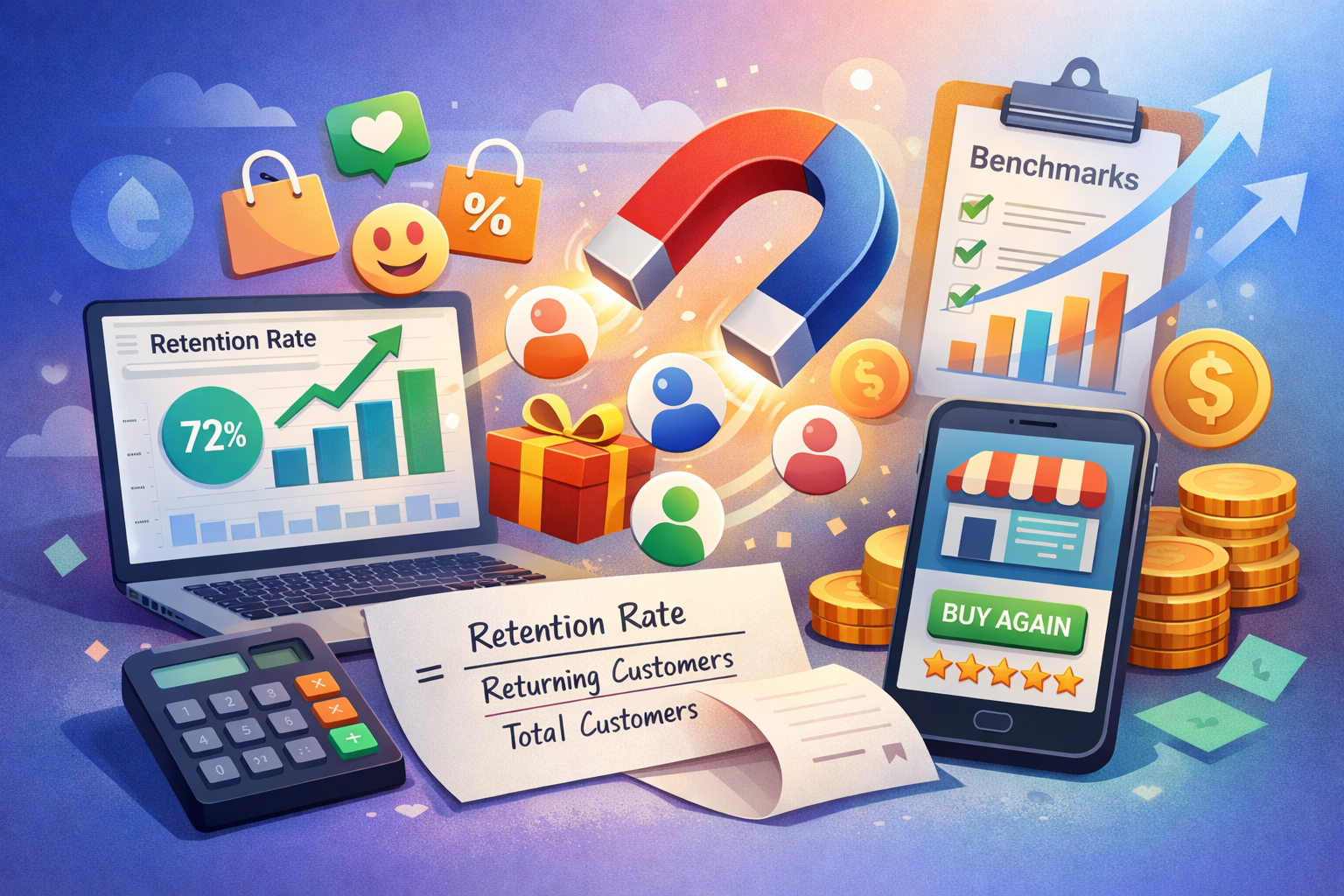Try Zipchat in Action!
Enter your store URL to see how Zipchat would behave.

With the increased popularity of the digital shopping landscape, the market of e-commerce websites is also increasing.
Every other day, a new startup enters the market with the intention of making internet purchasing easier.
However, we often see websites with good products| services, but Still, somewhere, they fail to interact with their customers appropriately, so they don't get the popularity and profits they should get.
We don't want your business to skip any chance to make your business a brand because of poor customer service.
That is why we want you to know about AI assistants.
Many businesses are aware of AI conversational chatbots and are already using them to enhance customer satisfaction and boost sales.
But here is something that only a few know but we will discuss today.
What's that?
The difference between chatbot and AI conversational.
Yes, you read that correctly; they both are different.
So, if you are searching for AI Chatbots for Ecommerce website, this article is for you. Let's dive into more details.
What is Chatbot
Chatbot is defined as a virtual assistant available 24\7 for customer support. They are designed to simulate human-like conversations with users through text. They use natural language processing to interpret an incoming inquiry and answer appropriately. Traditional chatbots are rule-based, which means they are programmed to respond only to a limited range of questions, primarily FAQs.
Today, most of the websites have integrated chatbots and no doubt they are doing well.
But the only problem that chatbots provide is that sometimes they don't understand exactly what customer are saying, so they fail to answer their queries. Thus, they end up transferring queries to the human customer support team. And the rising number of unresolved questions will put a burden on your support team. This is what makes them distinct from conversational AI.
What is Conversational AI
Conversational AI represents an advanced form of chatbot technology aimed at delivering personalized customer experiences while cutting service costs. These AI bots combine various technologies, such as natural language processing, machine learning, identity management, secure integration, process workflows, dialogue state management, and voice recognition.
Unlike traditional chatbots that simply mimic human language, conversational AI interacts with customers in a more human-like manner. This enhanced interaction capability leads to increased lead generation and revenue.
There are three primary types of conversational AI applications:
- Chatbots: These applications use conversational AI to mimic human speech. While not all chatbots use conversational AI, those that do are taught with natural language processing (NLP) models, which results in more realistic and meaningful conversations. Chatbots are often employed in customer service to provide support and answer questions in a conversational style.
- Voice Assistants: Voice assistants are software programs designed to execute tasks based on voice commands. They leverage voice recognition, voice synthesis, and language processing algorithms to understand commands and provide relevant responses. Popular examples include Amazon's Alexa, Apple's Siri, and Microsoft's Cortana. Voice assistants are widely used in smart home devices, smartphones, and other gadgets, offering hands-free interaction and convenience.
- Virtual Assistants: These AI-powered assistants are context-aware chatbots designed to help users perform specific tasks. They utilize advanced natural language understanding (NLU) models to provide personalized, accurate, and engaging interactions. Virtual assistants can assist with tasks such as scheduling appointments, managing emails, or providing personalized recommendations. They are increasingly integrated into various applications and platforms to enhance user experiences.
Now that we know about both terms, it's important to understand how they're different. This way, you can choose the right chatbot for your business wisely.
Difference Between Chatbot and Conversational AI
| Chatbot | Conversational Ai | |
|---|---|---|
| Definition | A software program that simulates a conversation with humans. | It includes chatbots and virtual assistants, which enable computers to simulate conversations. |
| Function | Automates specific tasks and answers predefined questions. It is up to you what information you feed into it to answer. | Mimics human-like conversations in a more advanced way, understanding context and intent. |
| Technology | Can be rule-based (keywords) or AI-powered (natural language processing, machine learning). | Primarily uses AI and machine learning to understand and respond to user queries. |
| Capabilities | Limited ability to deal with difficult questions and adjust to new settings. As a result, the queries are transferred to the human customer support team. | Able to adapt to new information, learn from past interactions, and personalize responses. |
| Channel Capabilities | Limited to a single chat interface. | Can be deployed across various channels like websites, voice assistants, etc. |
| Interaction Style | Supports linear interactions. | Enables non-linear and dynamic interactions, suitable for customer support tasks. |
| Navigation % Dialogue | chatbots which support navigation, | Conversational AI is clearly more advanced and can facilitate conversations of any complexity. |
| Overall | Offers basic automation and communication. | Aims for more natural and engaging interactions, similar to human conversation. |
Conversational AI chatbots outperform traditional chatbots in terms of engagement and comprehension of human language. These advanced bots excel in recognizing user intent and understanding natural languages, making them far superior in delivering personalized customer support experiences.
Conversational Chatbot is Future
Conversational AI Chatbots are the way of the future for customer support. These creative bots are revolutionizing the industry by enabling companies to communicate with their customers more effectively than ever before.
Conversational AI chatbots are not your typical chatbots. They're smarter, more intuitive, and offer quicker solutions to customer inquiries. With their ability to understand natural language and provide timely responses, they're quickly becoming the preferred way for brands to connect with their audiences.
If you want to take your business to the next level, investing in Conversational AI is the way to go. Don't wait until your competitors are already reaping the benefits. Think about Shopify Chatbot Integration early, you can enhance your customer support services, drive sales, and stay ahead of the curve.
Examples of Chatbot Uses Across Different Industries
Chatbots have become indispensable tools for customer engagement and satisfaction across various industries, from airlines to finance and pharmaceuticals. They serve a multitude of purposes, extending their usage to sectors like banking, pharma, and more.
H&M: One notable example is H&M's Fashion Chatbot. H&M, a global fashion brand, leverages chatbots to enhance shopping experiences and engage with millennial and Gen Z customers. The chatbot assists users in exploring numerous outfit options, showcasing how this technology can scale shopping services and provide personalized guidance to buyers.
Nike: The renowned sportswear giant employs AI technology to enhance the shopping experience on its website. Through its chatbot, "NikeBot," the company delivers personalized recommendations to customers. By analyzing browsing history, previous purchases, and even fitness goals, NikeBot suggests products tailored to individual preferences, fostering a sense of connection and exclusivity for shoppers. This personalized approach showcases how AI can create a more engaging and tailored customer shopping experience.
Sephora: One of the well-known brands in the cosmetics sector, using chatbots to make their customer's buying experience soothing; how? If you communicate with Sephora on Kik, you can obtain a variety of makeup lessons. When you're shopping in a store, your personal assistant will also aid you by giving you product ratings and reviews.
Summary: AI conversational chatbots play a crucial role in fostering strong relationships between businesses and their customers. These bots excel in interacting with customers, addressing their inquiries, and providing recommendations for products and services.
In addition to effective communication, customers expect timely and polite interactions from service providers. By consistently meeting these expectations, businesses can retain customers for years to come.
For businesses seeking an advanced conversational chatbot solution, Zipchatai is a trusted option.







